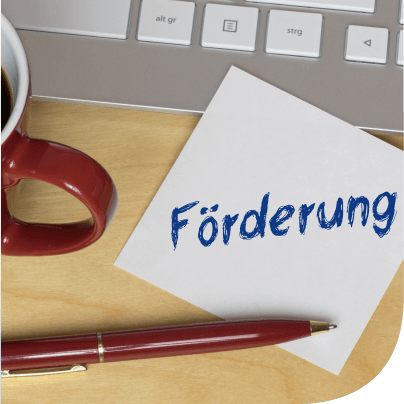The European Digital Innovation Hub (EDIH) Saarland supports companies, in particular: small and medium enterprises (SMES), public authorities and technology-oriented start-ups when searching for funding.
The focus is on digitalisation and innovation. In particular, public funding programmes provide monetary support to finance digitalisation and innovation projects. A large part of the funding will be: non-repayable grant of up to 50 % of the eligible costs. In addition, companies may also: private or public participations and low cost loans received from promotional banks.






